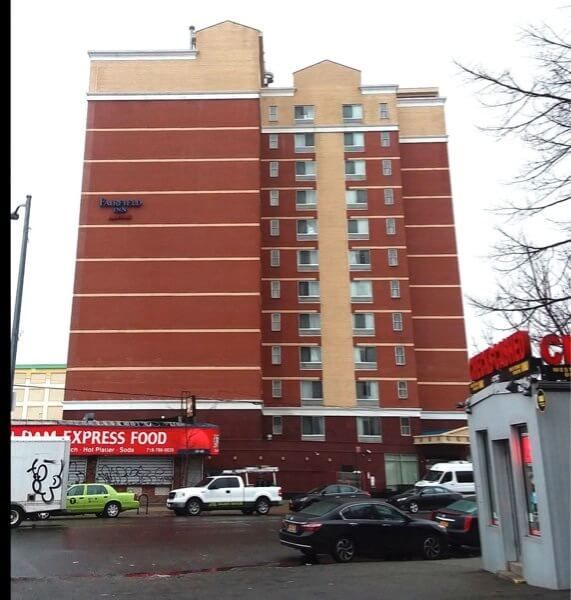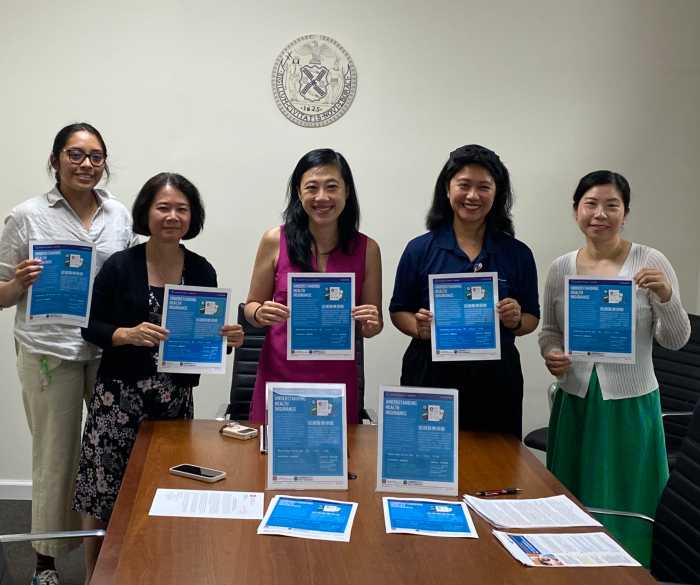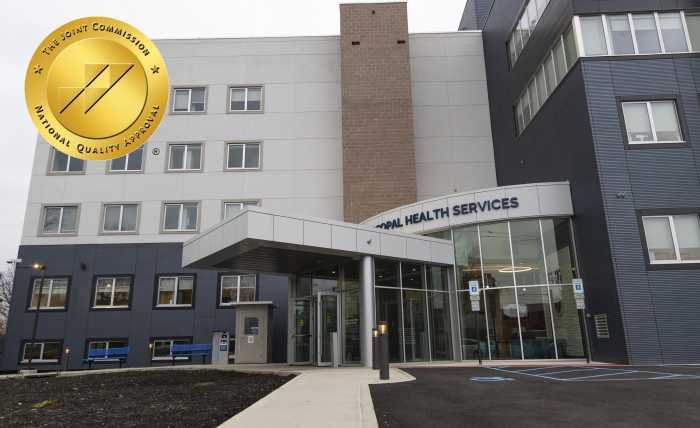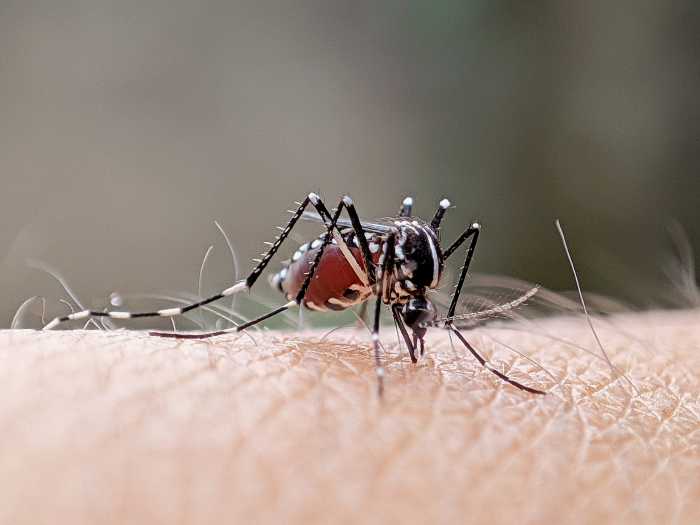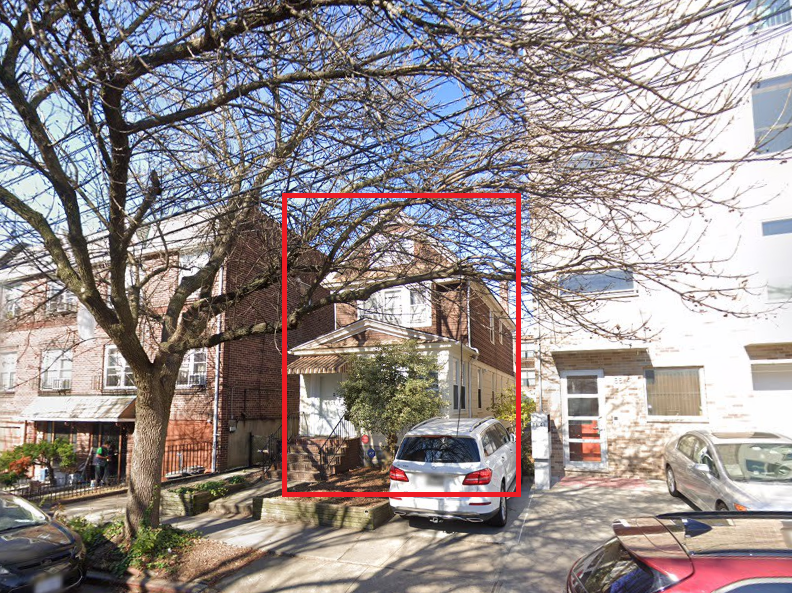The Department of Homeless Services modified its practices systemwide last week to implement health experts’ latest guidance during the coronavirus emergency, including to limit gatherings and increase social distancing by extending and staggering mealtimes. But one resident at a Long Island City shelter says the agency is not doing enough.
The resident at the Northstar Family Residence at 52-34 Van Dam St. is a diabetic with a high risk of dying from COVID-19 if he gets infected.
“There are other people living in the building with respiratory problems, diabetes, and other illnesses,” the resident said. “At this time we are still being told that we must eat breakfast, lunch, and dinner in the cafeteria with 20 to 30 other people. We are also told if we take our food upstairs we will get written up.”
The resident, who did not want to be named out of fear of repercussions, expressed concern after the state announced that restaurants, theaters, nail salons, and barbershops cannot have people sitting inside during emergency restrictions.
The city converted the former Fairfield Inn into a 154-unit shelter in May 2018, and with 450 shelter locations, citywide DHS is evaluating how to further modify its approach to services and programs during the crisis.
“DSS-DHS-HRA is always prepared to connect clients to any medical services they may need for any reason, including as relates to COVID-19,” DHS spokesman Isaac McGinn said. “DSS-HRA-DHS is coordinating closely with City Hall and City Health officials to ensure our staff and our clients are informed and prepared, as we all respond to a constantly-evolving situation.”
Providers have been instructed to isolate any residents who may express experiencing symptoms from the rest of the shelter population in a separate designated room or a separate room being repurposed.
On Tuesday, the concerned resident of the Northstar Family Residence was surprised to learn that he and his wife, and the rest of the people living at the shelter, can now bring their food upstairs to eat.

